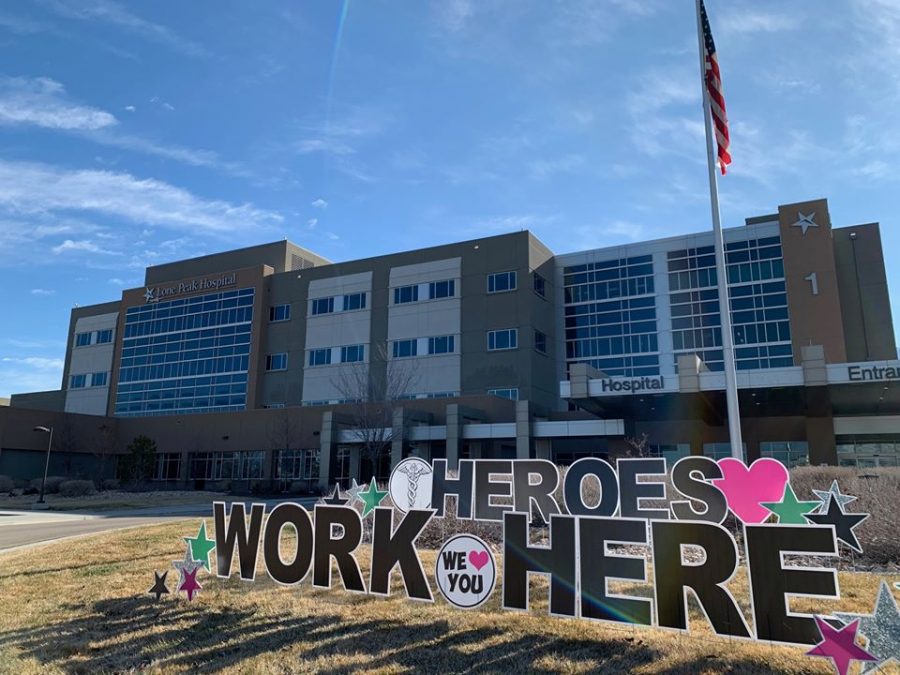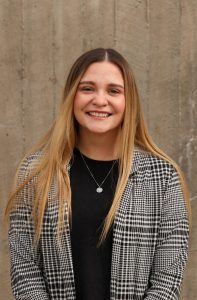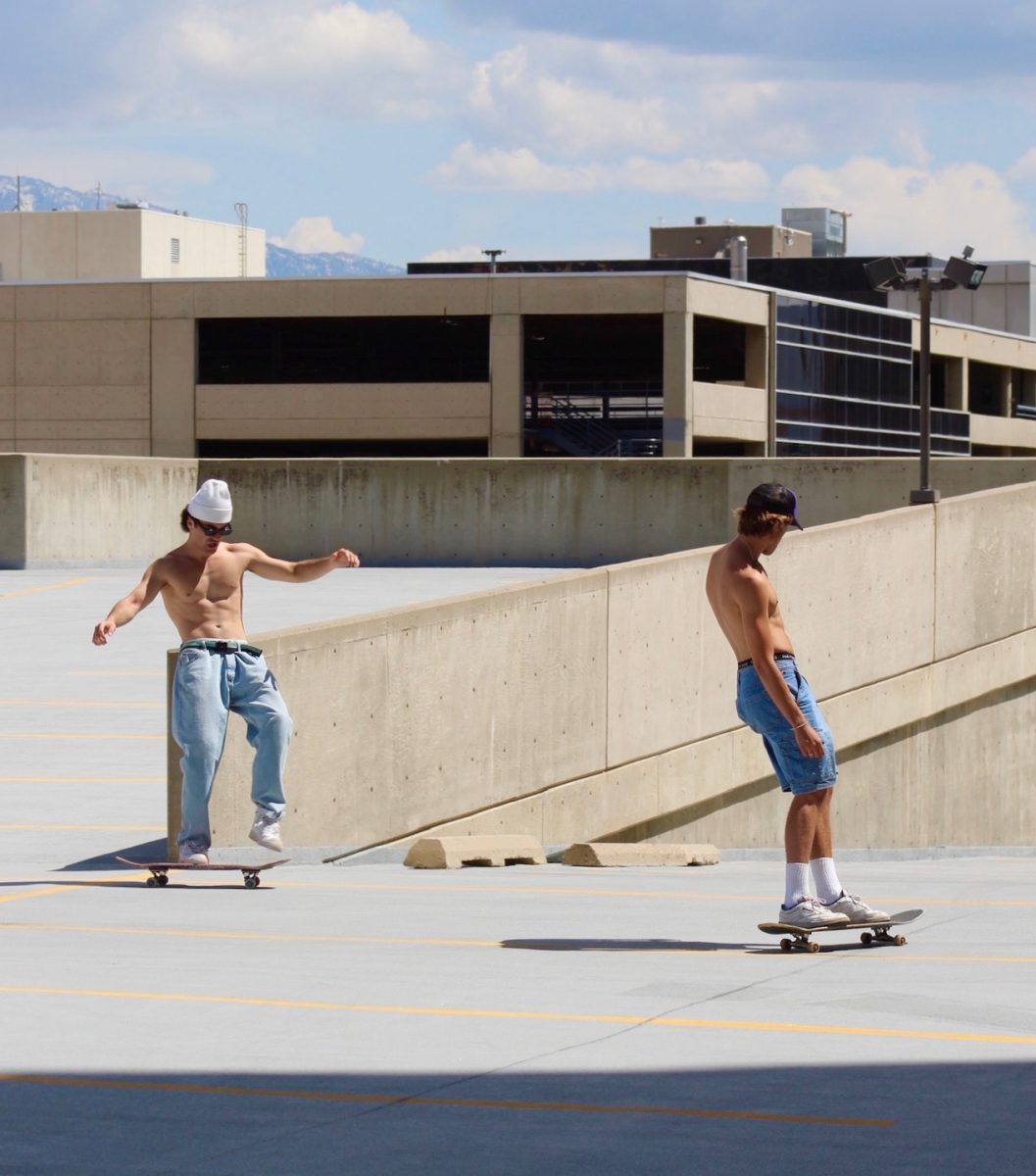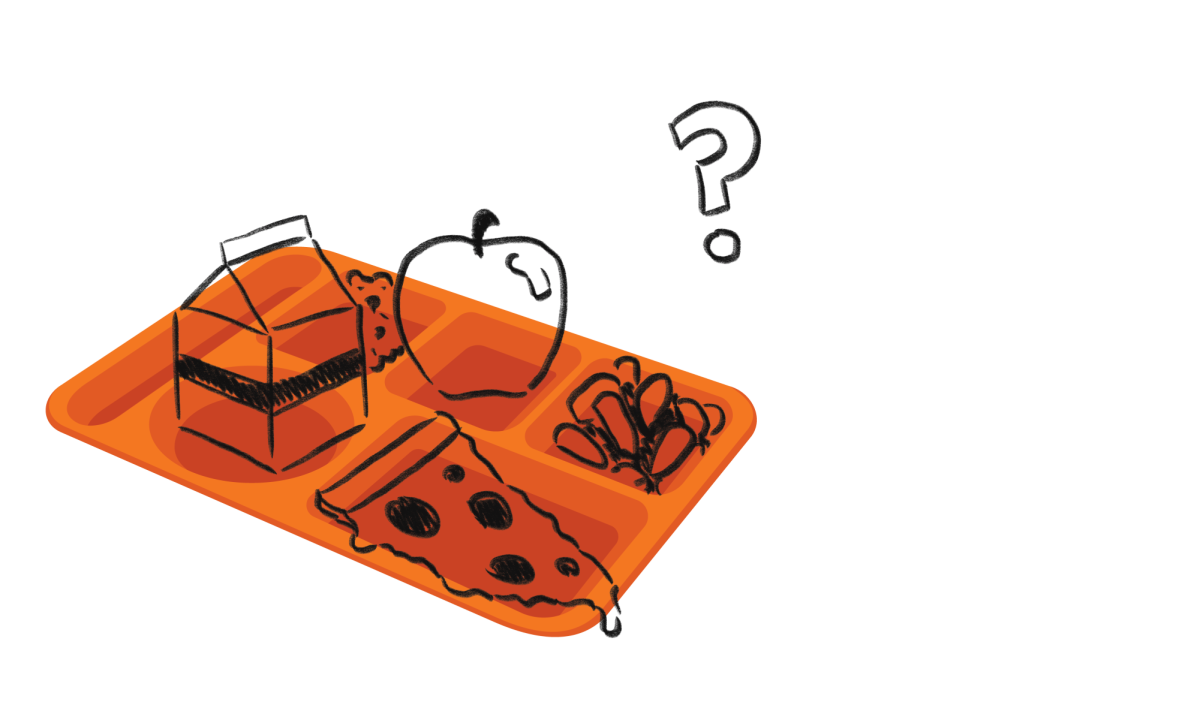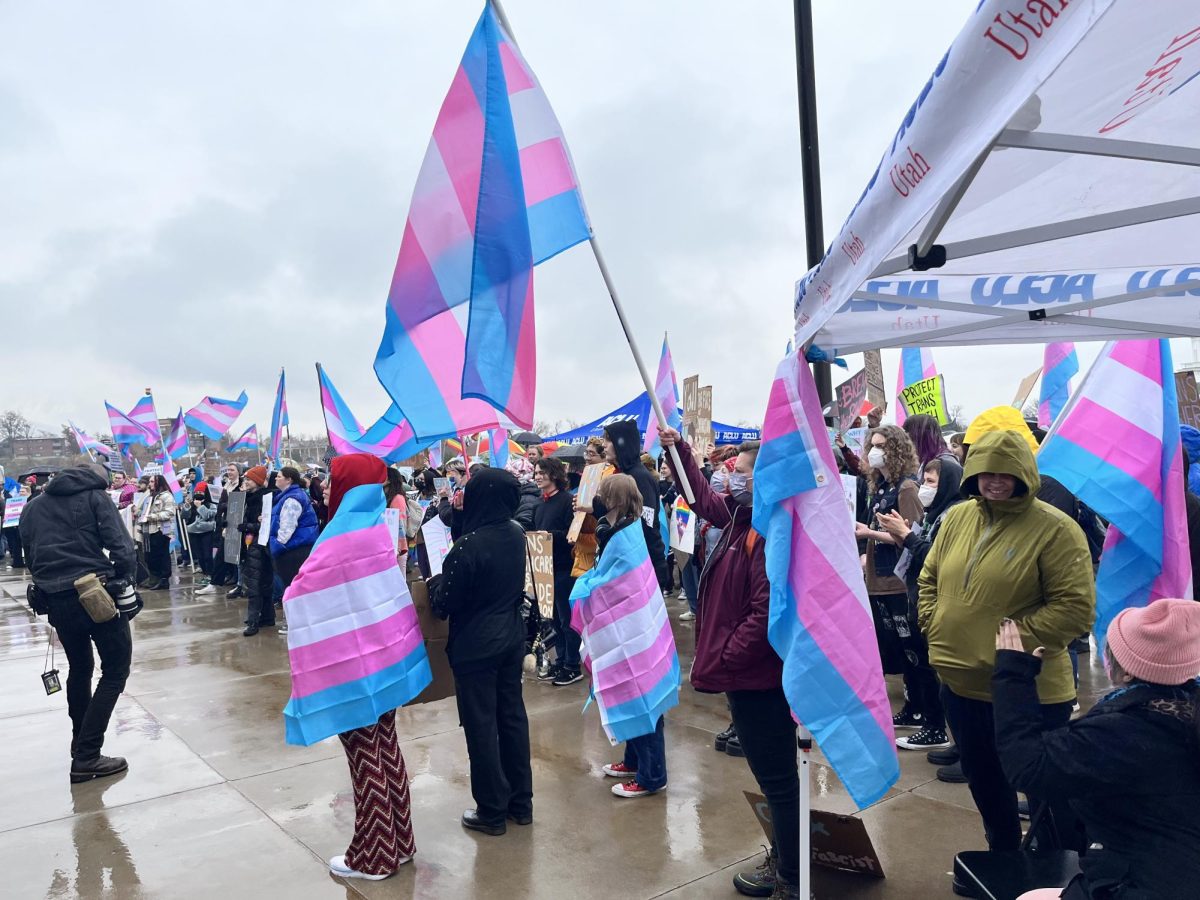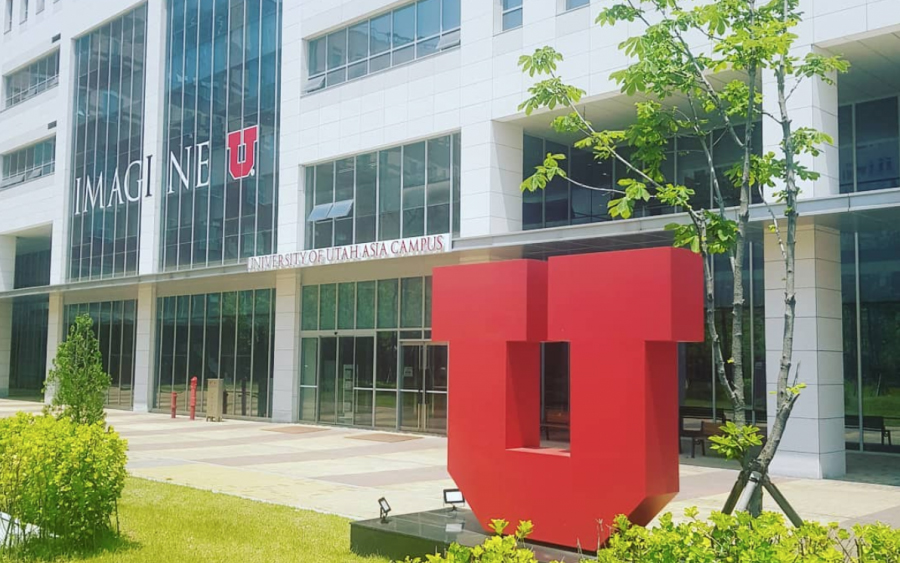Student Healthcare Workers Exhausted Amid Pandemic
November 9, 2020
Students working at the University of Utah Hospital and surrounding medical centers report exhaustion, fatigue and the feeling of immense stress as Utah’s COVID-19 cases continue to rise.
Approaching the eighth-month mark since the first few cases in Utah, students who double as healthcare providers have worked to care for COVID positive patients among their normal patient load. Between long twelve-hour shifts, Zoom calls and online classes, many feel as though they are reaching their breaking point.
Many students work in the healthcare industry in hopes of becoming a healthcare professional in the future. Some are awaiting nursing, medical or dental school admission, gaining their patient care hours.
The University of Utah offers 50% tuition reduction for eligible employees and their families. In order to receive this reduction, the employee must work full-time and have been employed by U Health for at least 6 months. It does not cover books and fees.
Intermountain Healthcare also offers a similar program, although the employee gets reimbursed for their tuition costs based on their grades and program of study. For students studying at Salt Lake Community College, that can cover the entirety of their tuition.
Maddison Baur is a kinesiology student and Health Care Assistant at the U hospital.
“I’ve been in the COVID overflow unit a few times where I have to wear a [Powered Air Purifying Respirator] for the entire 12-hour shift. My face and back hurt, I am exhausted and there’s no way of knowing if I somehow got exposed,” Baur said.
Outside of many healthcare workers’ scope of practice is utilizing the new visitor’s policies in place at most Utah hospitals. Some units and locations will allow one visitor, but for those that are over 18 years old and present any flu symptoms, they are not allowed to have anyone unless they are receiving end of life care.
The visitor policy is used to protect immunocompromised patients in hospitals, however, it still has made patient care workers’ jobs like Presley Cox, pre-nursing student and Health Care Assistant at Huntsman Cancer Hospital, more difficult.
“Trying to explain to cancer patients that their loved ones can’t come see them breaks my heart. Especially if the patients don’t have very much longer,” Cox said.
According to Jessica Gold, assistant professor of psychiatry at Washington University in St. Louis, in an article in the American Cancer Society journals, maintaining hope can and investment can be hard when “it feels like every day, nobody’s listening, nobody’s following the rules, nothing’s changed, and the numbers aren’t going down.”
Utah COVID-19 cases have been record-breaking for the last few weeks, with recent days hitting over 2,200 positives cases.
“We have to get this virus transmission slowed down because we are, as I’ve shared, kind of right on the edge of the capacity of our health system to provide care for everyone who needs it,” said Michael Good, CEO of the University of Utah Health and Dean of University of Utah School of Medicine.


